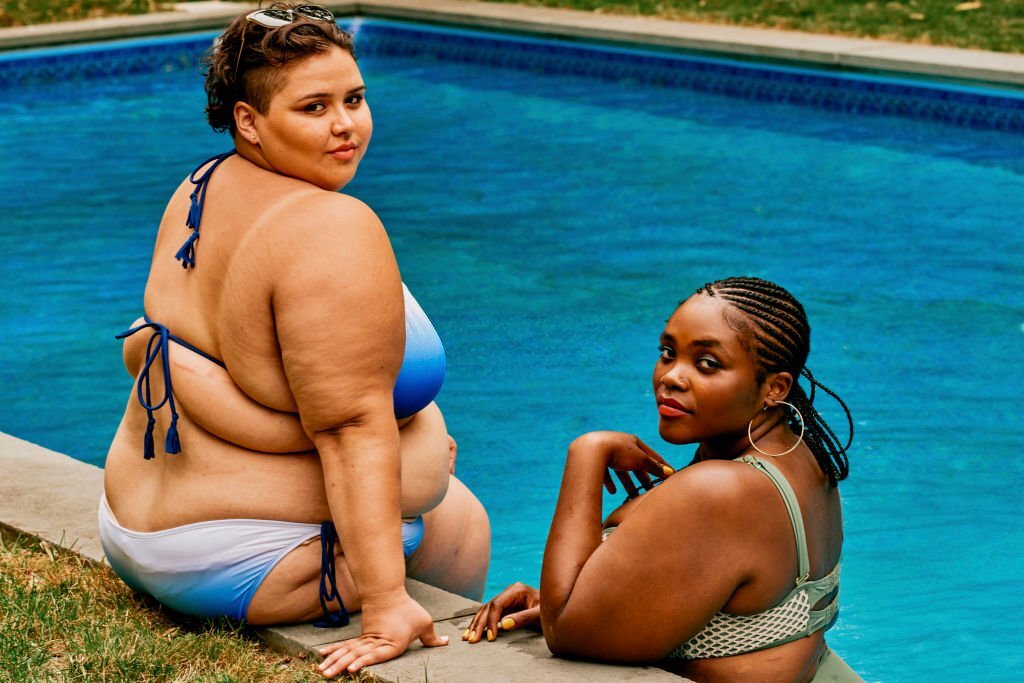In today’s interconnected world, the influence of social media and influencer marketing has grown exponentially. As a result, the representation of diverse voices and identities within this space has become increasingly crucial. Inclusive representation not only reflects the reality of our diverse society but also resonates with audiences, promotes social change, and fosters a sense of belonging. In this article, we delve into the importance of inclusive representation in influencer marketing, exploring the benefits it brings and providing insights on how to effectively embrace diversity.
The Power of Inclusive Representation
Inclusive representation involves featuring a range of voices, backgrounds, genders, abilities, and orientations in influencer marketing campaigns. This goes beyond ticking boxes—it’s about providing authentic and relatable content that reflects the true diversity of the audience.
Benefits of Inclusive Representation:
- Authenticity: Inclusive campaigns feel authentic, as they mirror real-world experiences and perspectives. This resonates with audiences and builds trust.
- Expanded Reach: Inclusive content reaches broader audiences, helping brands connect with underrepresented communities that may have been overlooked.
- Social Impact: Inclusive representation can challenge stereotypes, break down barriers, and contribute to positive social change.
- Cultural Relevance: In a globalized world, diverse audiences seek content that speaks to their unique experiences, languages, and cultural contexts.
Challenges and Barriers
While inclusive representation is vital, it also comes with challenges:
- Tokenism: Including diverse voices solely for the sake of diversity can come across as tokenism. Authenticity is key.
- Lack of Diversity Behind the Scenes: For true inclusivity, it’s important to have diversity not only in front of the camera but also behind it—among the creative teams and decision-makers.
- Navigating Sensitivity: Content must be handled sensitively to avoid cultural appropriation or inadvertently perpetuating stereotypes.
Strategies for Embracing Diversity in Influencer Marketing
- Educate and Sensitize: Brands and influencers should educate themselves about diverse cultures, experiences, and identities to ensure respectful representation.
- Collaborate with Diverse Voices: Partner with influencers from different backgrounds who can authentically represent their communities.
- Diverse Creative Teams: Involve diverse voices in the content creation process, including photographers, videographers, and writers.
- Inclusive Language and Imagery: Be conscious of the language and imagery used in campaigns, ensuring they don’t inadvertently exclude or offend any group.
- Intersectionality: Recognize that individuals have multiple identities—such as being a woman of color or a disabled LGBTQ+ person—and ensure that their experiences are authentically portrayed.
Examples of Effective Inclusive Representation
- Fenty Beauty: Rihanna’s makeup brand Fenty Beauty is celebrated for its wide range of foundation shades, catering to diverse skin tones often overlooked by the beauty industry.
- Nike: Nike’s campaign featuring athlete and activist Colin Kaepernick ignited conversations about racial justice and freedom of expression.
- Aerie: The lingerie brand’s #AerieREAL campaign showcases unretouched images of a diverse range of body types, challenging unrealistic beauty standards.
Measuring the Impact
Measuring the impact of inclusive representation goes beyond metrics:
- Engagement and Sentiment: Monitor engagement and sentiment among diverse audiences to gauge the authenticity and impact of your campaign.
- Conversations Generated: Measure the conversations and discussions sparked by your inclusive content to assess its influence on the narrative.
Conclusion
Inclusive representation is not just a trend—it’s a movement towards a more equitable and diverse world. In influencer marketing, embracing diversity goes beyond aesthetics; it’s about empowering voices that have historically been marginalized. By authentically representing a wide range of identities, experiences, and backgrounds, influencer marketing can drive social change, foster inclusivity, and create a space where everyone feels seen, heard, and valued. As brands and influencers embrace the power of inclusive representation, they contribute to a more inclusive and harmonious digital landscape that mirrors the beauty of our multifaceted world.



